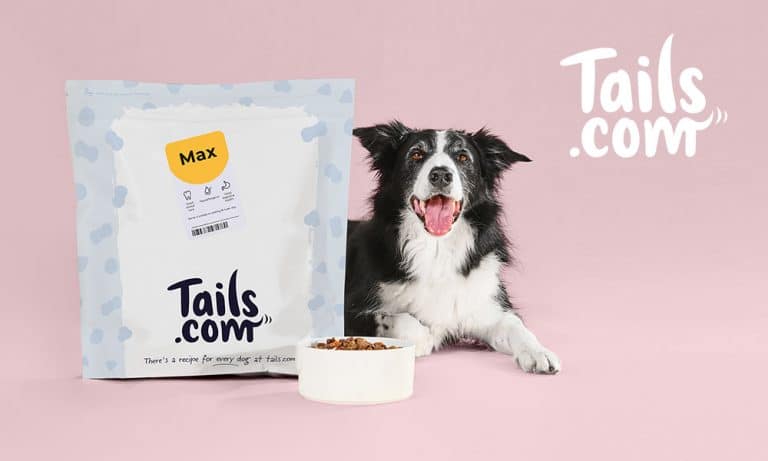- Rest
- Medication
- Food
- Wound care
- No licking
What happens during a bitch spay?
A bitch spay is where the female reproductive organs (the uterus and ovaries) are removed through an incision into the abdomen. The dog is first given some medication to get them to relax and provide pain relief, and then a general anaesthetic is given. Under anaesthetic, they are completely unconscious and relaxed. A tube is placed to control the airway and they are connected to oxygen, anaesthetic gases and monitoring equipment.
Some clinics can offer a less invasive procedure called a laparoscopic or keyhole spay. Here, a camera and fine instruments are used to remove the ovaries through two or three tiny incisions into the abdomen, again under a general anaesthetic. The advantage of laparoscopic procedure is that the dogs tend to recover faster, the wounds are smaller and the operation itself can be quicker.
Depending on your clinic, your dog may have absorbable stitches in the skin that you can’t see, or perhaps stitches (or staples) that will need to be removed around 14 days after the surgery.
What to expect after a bitch spay?
It’s completely normal for your dog to be quieter than normal when she returns home after her spay. She may cry or moan a little, and might just feel like sleeping. It’s important to let her rest, keeping her still will be essential for an uneventful recovery.
It often takes a day or two for pets to feel like themselves again. It can also take a couple of days for them to pass faeces. Many dogs aren’t so keen on eating on the same day, and may even experience some nausea or vomiting. Your vet will make you aware of any signs for concern in the days after the surgery and how to care for her incision. If you are worried about your dog, don’t hesitate to call your vets or out of hours service for advice.
VetHelpDirect Exclusive Offer
VetHelpDirect are excited to partner with Tails.com to offer its readers 75% off all new subscriptions.